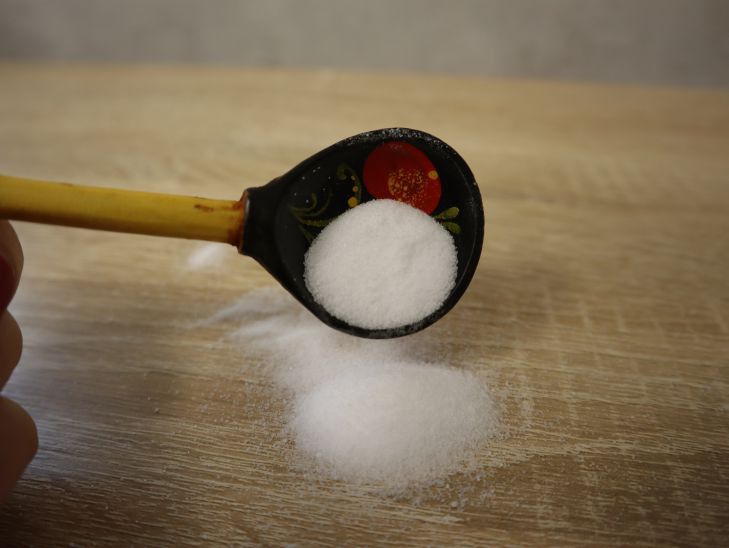Many of us have heard that spilling salt is a bad omen. But have you ever wondered where this belief came from and why it is still alive in our minds?
The history of this sign goes back to the distant past, when salt was an expensive and rare product.
In ancient times, salt was such a valuable commodity that its value could be compared to gold.

It played an important role in the household, as it was used not only for cooking, but also for preserving food.
It was because of its high cost and importance for survival that spilling salt was considered a great misfortune.
People were afraid that losing this valuable resource would lead to poverty or trouble. It was because of such fears that the superstition that spilling salt brings trouble was born.
Remember the history of the salt riots, when real uprisings occurred due to the high cost of salt.
Salt was not just a seasoning, but a strategic resource, and losing even a small amount could be significant. So it became ingrained in people's minds that spilling salt was bad.
However, time passed, salt became available and cheap, but the sign remained.
Today, of course, salt can be bought in any store for little money. It is no longer in short supply and no longer has the same value as before.
But despite this, many people continue to believe in omens and worry if they accidentally spill salt.
The sign that spilling salt leads to a scandal has long lost its relevance. Nowadays, salt is not expensive, and every home has it.
But why is the omen still alive? Perhaps it is connected with the human tendency to superstitions and traditions.
We tend to believe in things that are passed down from generation to generation, even if there is no longer a rational explanation.
The sign about salt is one of those ancient stories that continues to live in our subconscious.
People love to find signs and symbols in everyday life, and often old superstitions give them confidence and a sense of security.
After all, superstitions are part of our culture and history. And although they may seem illogical, they help us stay connected to the past. Whether or not to believe in omens is a personal matter.
If you believe in bad signs, you can start attracting trouble. Or you can just smile and remember that salt is just salt, and not a harbinger of trouble.
Previously, wedding signs were named that foretell an imminent divorce.
